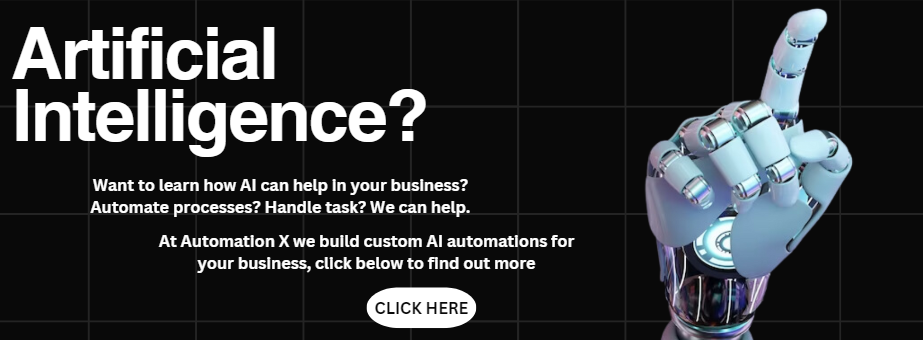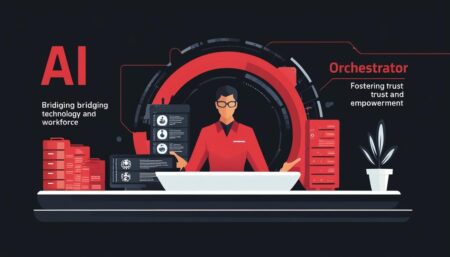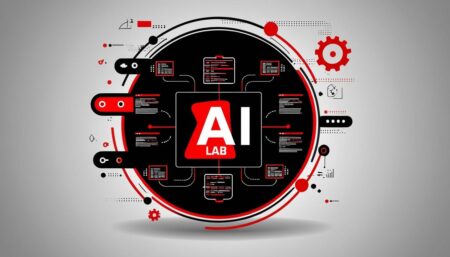A recent study forecasts substantial growth in the application of artificial intelligence in cancer care, with the market expected to reach approximately $6.3 billion by 2029.
A recent study conducted by BCC Research sheds light on the burgeoning role of artificial intelligence (AI) in cancer care, projecting a substantial growth in this sector. The market for AI in cancer is expected to escalate from an estimated $2.2 billion in 2024 to approximately $6.3 billion by 2029. This growth represents an impressive compound annual growth rate (CAGR) of 23.1% within the specified period.
The report meticulously outlines AI’s current and future potential in cancer applications, taking into account various market factors such as drivers, restraints, and opportunities. It categorises the market based on applications including screening, diagnosis, therapy, and drug discovery, as well as by specific cancer types such as breast, lung, and prostate cancers. Additionally, it segments the market by end-users including hospitals and diagnostic centres. The report also provides an overview of different global regions, including North America, Europe, Asia Pacific, and the Rest of the World.
One significant aspect of the report is its analysis of the competitive landscape, providing insights into various companies involved in this field. It details their business segments, financial performance, and recent developments, offering a comprehensive view of the industry’s dynamics.
The timing of this report is particularly relevant as AI and machine learning (ML) are increasingly being integrated into cancer care systems, driving advancements in drug research and diagnostic precision. The findings highlight several key factors propelling market growth, including:
-
AI in Drug Discovery and Development: AI technologies are playing a transformative role in drug discovery by enabling the analysis of vast datasets. This capability allows for the swift identification of potential drug candidates, making the process considerably faster and more efficient than conventional methods. As a result, cancer treatments are being developed more rapidly, which in turn reduces overall costs.
-
Increasing Incidence of Cancer: The global rise in cancer cases presents an urgent demand for sophisticated diagnostic and therapeutic solutions. AI is emerging as a vital technology in this context, facilitating improved early detection, personalised treatment plans, and superior patient outcomes. The capability of AI tools to significantly enhance cancer care is crucial in addressing the growing health burden associated with the disease.
As the understanding and implementation of AI in the healthcare sector evolve, its implications for cancer care are expected to be profound, influencing both the development of new treatments and the improvement of existing diagnostic methods.
Source: Noah Wire Services
- https://www.bccresearch.com/pressroom/bio/artificial-intelligence-in-cancer-market- – Corroborates the market growth projections from $2.2 billion in 2024 to $6.3 billion by 2029 with a CAGR of 23.1%, and the segmentation of the market by application, cancer type, and end-user.
- https://blog.bccresearch.com/how-ai-is-transforming-the-fight-against-cancer – Supports the role of AI in cancer care, including its impact on drug discovery, diagnosis, and therapy, and the projected market growth.
- https://www.bccresearch.com/market-research/biotechnology/cancer-artificial-intelligence-market-report.html – Provides detailed information on the market segments, including applications, cancer types, and end-users, as well as the competitive landscape and key market drivers.
- https://www.bccresearch.com/market-research/biotechnology/cancer-artificial-intelligence-market-report.html – Details the report’s scope, including the analysis of market trends, drivers, restraints, and opportunities, and the coverage of different global regions.
- https://www.bccresearch.com/pressroom/bio/artificial-intelligence-in-cancer-market- – Highlights the significance of AI in drug discovery and development, and its impact on reducing time and costs in developing cancer treatments.
- https://blog.bccresearch.com/how-ai-is-transforming-the-fight-against-cancer – Explains how AI is addressing the increasing incidence of cancer by improving early detection, personalized treatment plans, and patient outcomes.
- https://www.bccresearch.com/market-research/biotechnology/cancer-artificial-intelligence-market-report.html – Provides insights into the competitive landscape, including company profiles, financial performance, and recent developments of key players in the AI in cancer market.
- https://www.bccresearch.com/pressroom/bio/artificial-intelligence-in-cancer-market- – Discusses the regions covered in the report, including North America, Europe, Asia Pacific, and the Rest of the World.
- https://blog.bccresearch.com/how-ai-is-transforming-the-fight-against-cancer – Emphasizes the future potential of AI in cancer care, including better diagnosis, personalized treatments, and quicker, more accurate results.
- https://www.bccresearch.com/market-research/biotechnology/cancer-artificial-intelligence-market-report.html – Details the types of AI tools and algorithms used in cancer diagnosis, therapy, research, and health management.
- https://www.bccresearch.com/pressroom/bio/artificial-intelligence-in-cancer-market- – Corroborates the importance of the report’s timing due to the increasing integration of AI and ML in cancer care systems.















